(UPDATED) In a Win for Animals, Federal Judge Declares Utah ‘Ag-Gag’ Law Unconstitutional
Update: On Sept. 6, 2017, Utah’s attorneys filed court documents stating they will not appeal the U.S. District Court of Utah’s decision striking down the state’s ag-gag law, which criminalized undercover investigations at factory farms and slaughterhouses. The district court declared the ag-gag statute unconstitutional in July, holding that it violated the free speech rights of undercover investigators and journalists.
Originally posted July 12, 2017:
On Friday, the U.S. District Court for the District of Utah struck down the state’s “ag-gag” statute, finding that it violated the First Amendment to the U.S. Constitution. This is the second time that a state “ag-gag” statute has been declared unconstitutional as a result of a lawsuit filed by PETA and the Animal Legal Defense Fund (ALDF).
The ban prohibited, in relevant part, gaining access to an agricultural operation by false pretenses, such as by lying on an employment application and filming once inside. According to U.S. District Judge Robert Shelby, the ban violates the First Amendment’s free-speech protections.
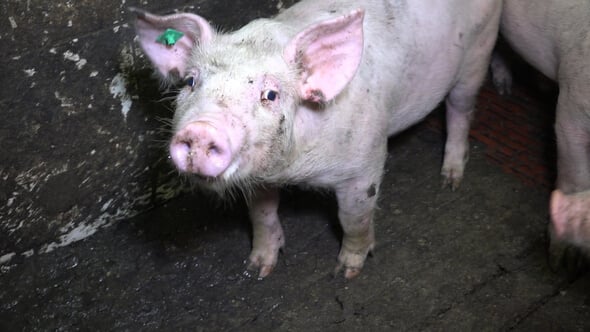
The groundbreaking lawsuit was filed in July 2013 by PETA, ALDF, and Amy Meyer against the state of Utah after Meyer videotaped a live cow, too sick to walk, being pushed by a front loader at Dale T. Smith & Sons Meat Packing Company in Draper, Utah. Meyer became the first person in the U.S. to be prosecuted under an “ag-gag” law, although the charges were dropped after there was a public outcry. The lawsuit was the first to challenge the constitutionality of “ag-gag” laws.
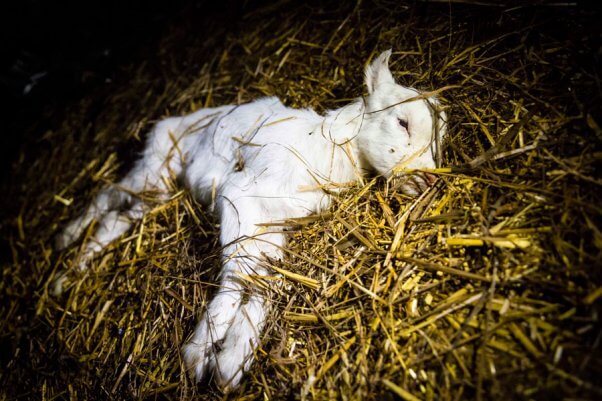
In February 2016, after a PETA Foundation lawyer argued the case, a Utah judge rejected the state’s attempt to have the lawsuit dismissed. The court’s ruling allowed the case to proceed so that PETA could prove what we’ve said all along: The “ag-gag” law violates the Constitution.
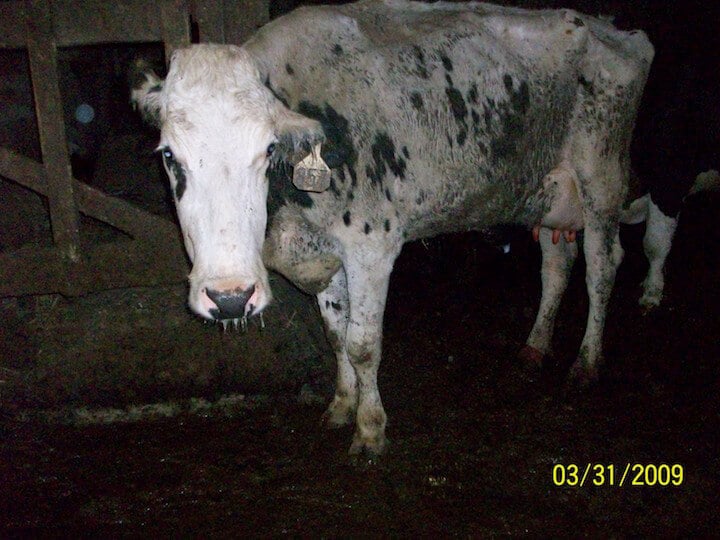
This victory follows a landmark decision from August 2015, when the U.S. Courts for the District of Idaho ruled in a lawsuit filed by PETA and a coalition of other groups that Idaho’s “ag-gag” law violated the first and 14th amendments.
Since PETA was founded more than 30 years ago, we’ve been uncovering illegal actions and egregious cruelty on factory farms and in slaughterhouses, on fur farms, in laboratories, in circuses, and in puppy mills. We believe that people have a right to know what happens to animals behind closed doors.
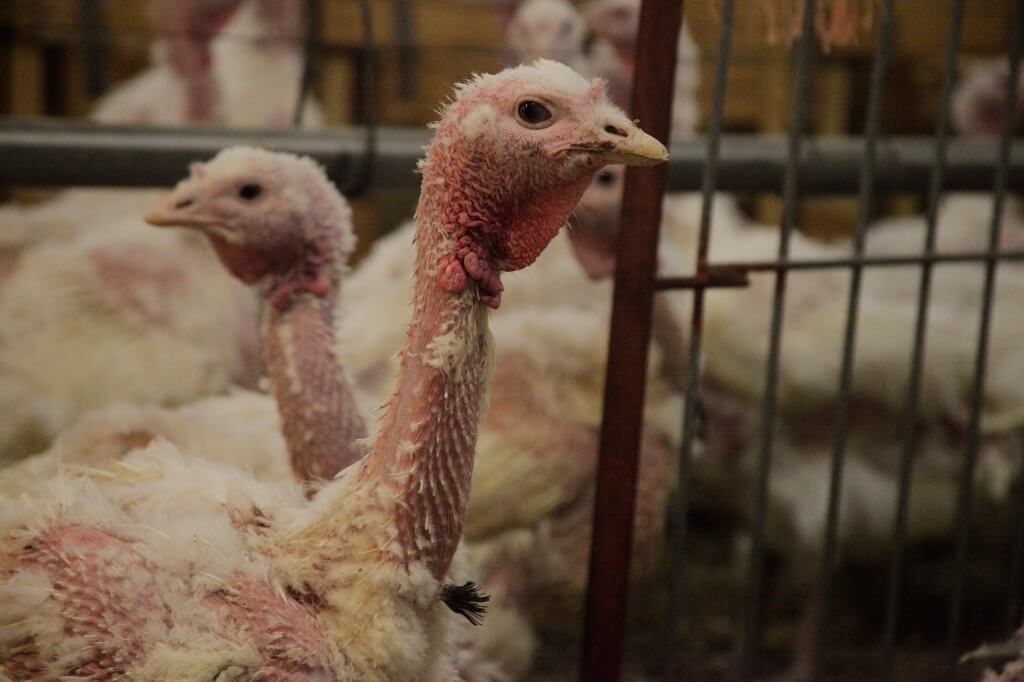
In addition to exposing flagrant cruelty to animals, PETA investigations have revealed routine agricultural practices that cause profound animal suffering, such as the use of battery cages for hens, veal crates, and sow gestation crates, all for the intensive confinement of animals.
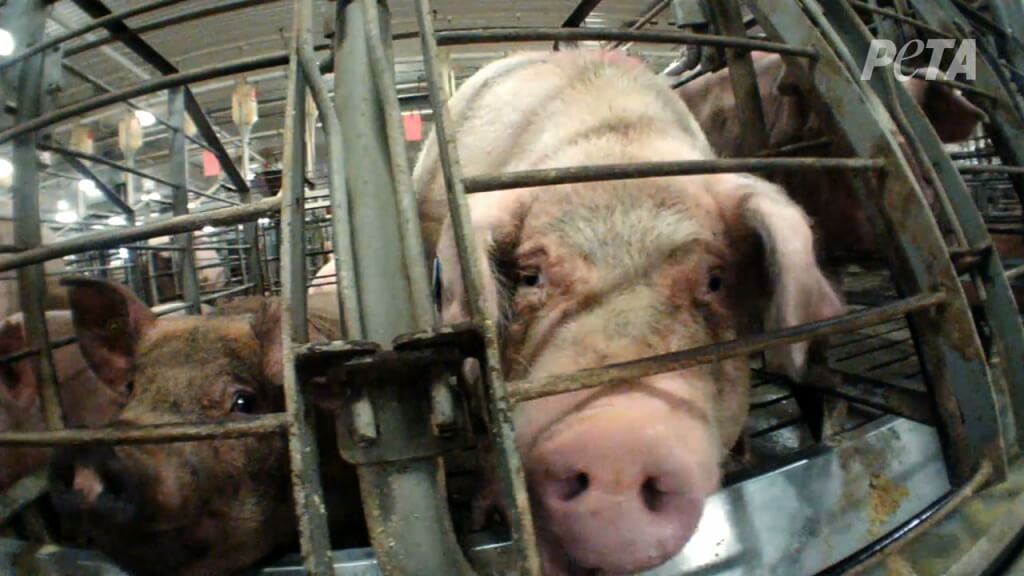
Utah’s now-defunct “ag-gag” law sought to keep cruelty to animals a big secret that only the profiteers could see. It was a blatant violation of free speech and freedom of the press. It sought to punish the whistleblowers and eyewitnesses who expose inhumane and illegal conduct on factory farms and at slaughterhouses—instead of going after the people who commit these crimes.

But PETA believes that people have a right to know that workers in the meat industry kick pigs in the face, stomp on chickens and turkeys, and smash piglets’ heads against concrete floors. PETA will continue to support the constitutional right of whistleblowers to serve the public and animals by exposing the horrific cruelty that occurs behind the scenes in this industry.
‘Ag-Gag’ Bills: Attempting to Hide Factory-Farming Abuse Since the 1990s
“Ag-gag” laws threaten crucial eyewitness investigations that expose cruelty to animals on factory farms. They seek to make it a crime for an eyewitness to secure a job at a factory farm, prevent the person from documenting abuse as systemic or ongoing, and prohibit exposing the abuse.
Some “ag-gag” bills force those who photograph or record abuse to come forward and reveal themselves within 24 or 48 hours of the first incident, which prevents eyewitnesses and whistleblowers from documenting and exposing these abuses as systemic, routine, and inherent in the factory-farming industry—rather than as isolated incidents that occurred on a single day.
For example, in 2008, PETA spent three months investigating an Iowa Hormel supplier and found that workers beat pigs with metal rods, jabbed clothespins into their eyes, and even sexually abused a pig with a cane. Evidence from this case helped prosecutors achieve the state’s first convictions for the abuse and neglect of factory-farmed pigs.
There are no government inspections of factory farms for cruelty-code violations. When workers witness and report abuse, those claims are often ignored. Eyewitnesses provide authorities with crucial evidence and empower them to hold abusers accountable to the law, and they’ve helped officials achieve landmark criminal indictments and convictions of abusers across the country.
What You Can Do
The best way for you to save nearly 200 animals every year from a life of misery on a cramped, filthy factory farm and a painful death at a slaughterhouse is to try healthy, compassionate vegan eating. Luckily, that’s easier than ever, thanks to PETA’s vegan starter kit. Click the button below to order your free kit and start saving lives today:

